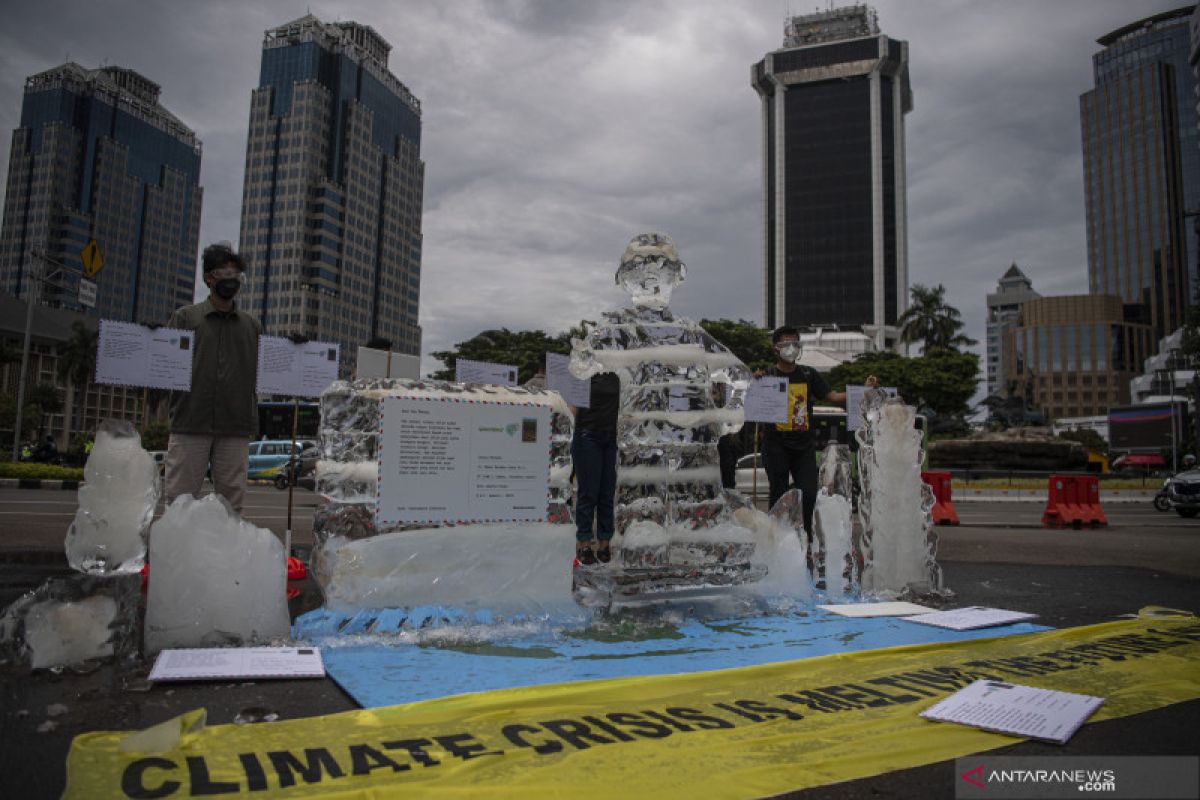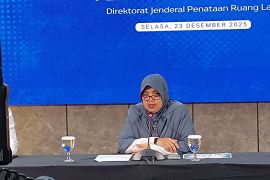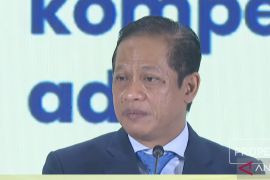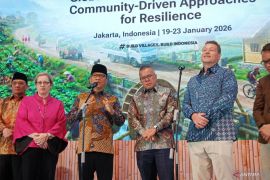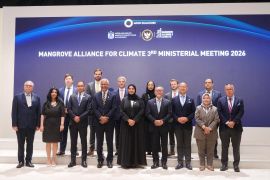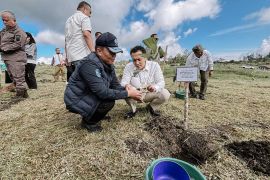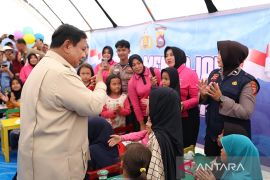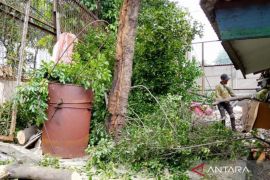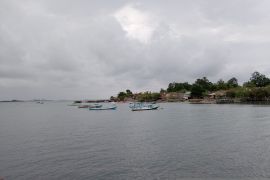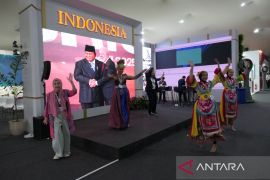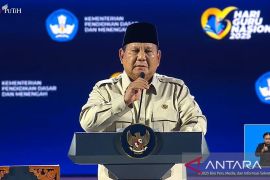"The complexity of climate change, the lack of effective conversation, and the Indonesian people's low literacy (about climate change) result in the issue drowning in social discussions," Haryoko remarked at a webinar on the younger generation's literacy and action on climate change.
The impact of climate change is already being felt by the community in the form of rising temperatures and increasing extreme weather phenomena that are causal to several natural disasters.
The World Meteorological Organization (WMO) had recorded that the year 2020 was one of the hottest years in the world apart from the period between 2016 and 2019.
According to the WMO, the average global temperature in 2020 was recorded at about 14.9 degrees Celsius, or 1.2 degrees Celsius higher than that during the pre-industrial period of 1850-1900.
The 1.2-degree Celsius rise was close to the temperature increase limit of 1.5 degrees Celsius set by countries worldwide to evade the worst effects of climate change.
Related news: BMKG to prepare national action plan for climate change adaptation
Haryoko also pointed to a higher risk of natural disasters due to the La Nina phenomenon in the Indonesian region this year.
Heavier rainfall due to La Nina can trigger hydrometeorological disasters, such as floods and landslides in the country, akin to what occurred last year.
"The BMKG has urged the public to be more prompt in taking anticipatory measures in the event of the upcoming rainy season and the high likelihood of extreme rainfall," he expounded.
To this end, Haryoko stressed that the efforts to increase public awareness of climate change and its impacts are important.
Youngsters can conduct educational activities to increase the people's understanding and concern for climate change and its impact on human survival, according to Haryoko.
"These actions can be taken in the form of edifying the community and promoting a better lifestyle to mitigate the impacts of climate change," Haryoko added.
He pointed out that climate change mitigation encompassed efforts to reduce greenhouse gas emissions; promote greening; prevent forest and land fires; reduce fossil fuel usage and waste; and promote the use of renewable energy.
Related news: Demography, climate change to pose challenges to Indonesia in 2045
Translator: Sanya S, Kenzu T
Editor: Rahmad Nasution
Copyright © ANTARA 2021
